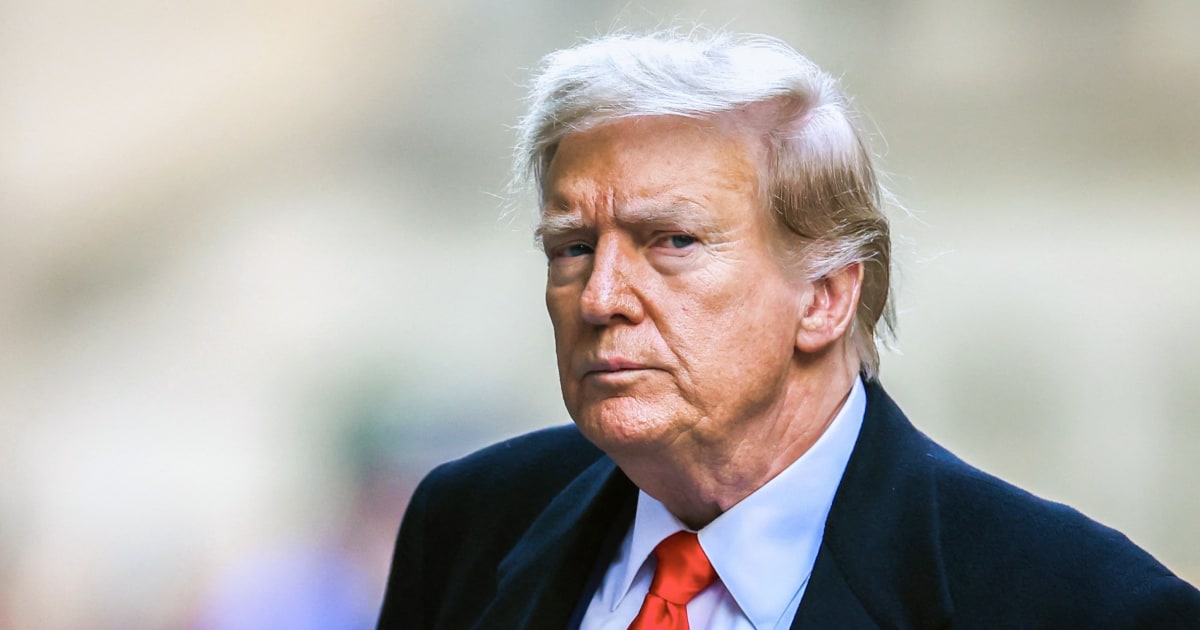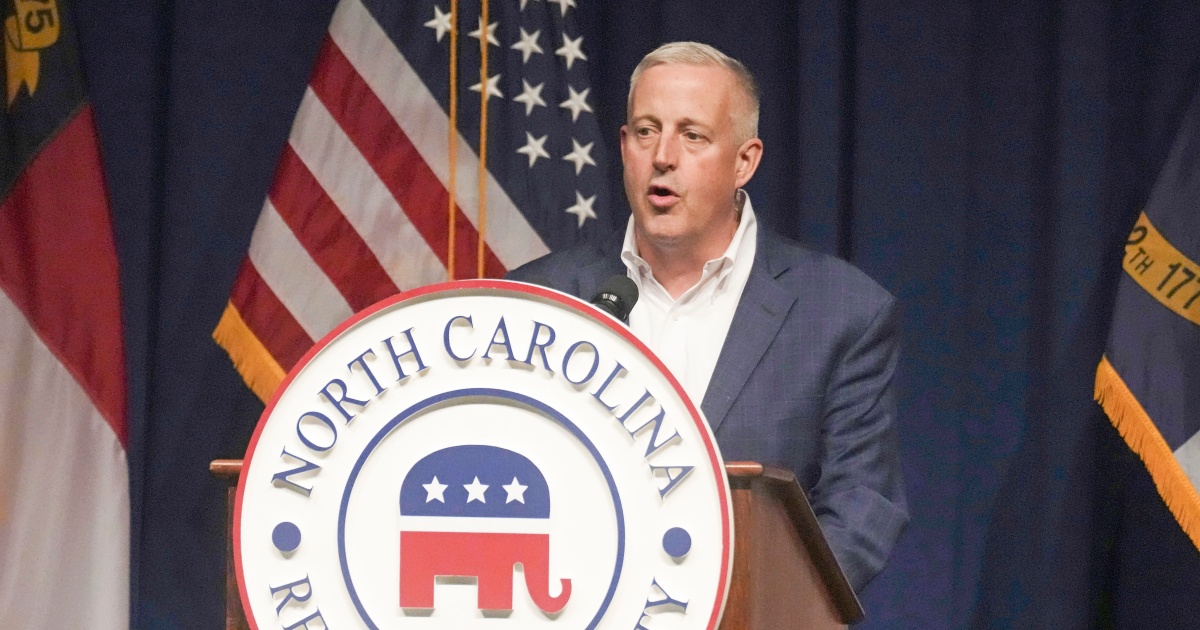- Click to share on Facebook (Opens in a new window)
- Click to share on Twitter (Opens in a new window)
- Click to share on LinkedIn (Opens in a new window)
- Click to email a friend (Opens in a new window)
(CNN) - Now that Donald Trump has signed a decree to reduce the power of social media platforms, legal experts are raising serious questions about the proposal and its chances of surviving judicial scrutiny.
The decree, as CNN reported, reflects President Donald Trump's frustration with Silicon Valley, and is an attempt to use the government's levers to attack those he perceives as political enemies in the private sector, and which garners the support of conservative supporters. .
There are provisions in the decree that are more clearly within Trump's power. For example, instruct federal agencies not to spend advertising money on social media. You can also order the State Department, through Attorney General William Barr, to study claims of political bias and to work with state attorneys general on the matter.
READ: Donald Trump will sign a decree against social media companies, according to the White House
But larger efforts to regulate social media platforms are a more remote possibility from a legal point of view. Here is why:
Could violate the First Amendment
The decree seeks to establish new rules designed to regulate how companies moderate the content on their sites. That move could violate tech companies' freedom of expression protections under the First Amendment, said Robert McDowell, a former Republican commissioner for the Federal Communications Commission (FCC).
Companies like Facebook and Twitter, he said, are private entities that enjoy the same government protection as individuals.
"This control of speech is # unconstitutional," McDowell tweeted Thursday.
In a statement, FCC Democratic Commissioner Jessica Rosenworcel echoed concerns about the First Amendment.
"A decree that would make the FCC the police of the president's speech is not the answer," he said Thursday. “It is time for those in Washington to speak up for the First Amendment. History will not be kind to silence, "he added.
Critical conservatives on Facebook and Twitter have accused companies of infringing on users' right to freedom of expression. But network users are not protected from Facebook and Twitter by the First Amendment, because Facebook and Twitter are private companies, not the Government.
READ: Facebook and Twitter squabble over information verification as Trump's threats escalate
It could effectively circumvent the will of Congress
The authors of the 1996 Communications Decency Act, like Oregon Democratic Senator Ron Wyden, have repeatedly said that their intention behind the law was to ensure that technology platforms cannot be sued for their handling of the majority of user content. The purpose of the decree is to ensure that they can.
The decree seeks to reinterpret the law so that the platforms accused of moderating their websites by any criteria other than "good faith" can face more lawsuits.
By asking federal agencies to deviate from Congress' will, the Trump administration is effectively trying to rewrite the law without Congress approval, cutting back on an entire branch of government, said Andrew Schwartzman, senior adviser to the Benton Institute for Broadband. and Society .
"The project's directives to the FCC are absurd, but at the same time they are appalling," said Schwartzman.
Challenge the independence of federal agencies
Regulators like the FCC and the Federal Trade Commission (FTC) were established by Congress to control the private sector. To make sure they do their jobs fairly, those agencies report to Congress, not to the White House or any president.
Under the law, experts say, the President cannot order the FCC or the FCC to do anything. The Trump government can make suggestions or requests, and it is up to the agencies to decide whether or not to go ahead. But even the mere perception that agencies may be under pressure from the White House can damage these regulators' perceived independence. And that could have dangerous consequences when they make decisions that affect large sectors of the economy.
To prevent this from happening, Congress also established different levels of procedures to make agency decision-making transparent to the public. These same processes are what could derail Trump in his attempt to use the decree to punish social media companies.
For example, even if the FCC decided to follow the government's request for new regulations, it should request public feedback on the matter, giving opponents a chance to argue against it. And any final FCC rule could be challenged in court. Furthermore, these types of regulations can take months and years to be implemented.
Twitter has new rules, and he applied them to Trump 1:54"The FCC cannot just go out and make a rule," said Harold Feld, senior vice president of consumer advocacy group Public Knowledge . "The FTC cannot simply go out and do a coercive measure," he added.
Pressuring Congress to act?
But even if much of the decree is ineffective or legally unfeasible, it still serves a political purpose, experts say, which is to force a conversation about the power of technology platforms and pressure Congress to change the law.
"The way I'm looking at this decree, it's the basis for the proposed changes in Congress," said Jeff Kosseff, a professor of cybersecurity law at the United States Naval Academy who studied Decency in Communications Law in detail. "That is ultimately what I think a lot of people are moving toward," he explained.
The legislative effort is already underway. For months, the Justice Department and Republican lawmakers have been pushing for changes to the Communications Decency Act that could expose technology platforms to increased legal risk. It is not impossible for Congress to repeal a key part of the law, known as Section 230, Kosseff said.
"We don't really know what the modern internet will look like without Section 230," he said, given that the law has been on the books for almost a quarter century.
Donald TrumpFacebookTwitter






/cloudfront-eu-central-1.images.arcpublishing.com/prisa/DIFWFJXADONJ55G5YHH3YGNYNY.jpg)



/cloudfront-eu-central-1.images.arcpublishing.com/prisa/KMEYMJKESBAZBE4MRBAM4TGHIQ.jpg)



